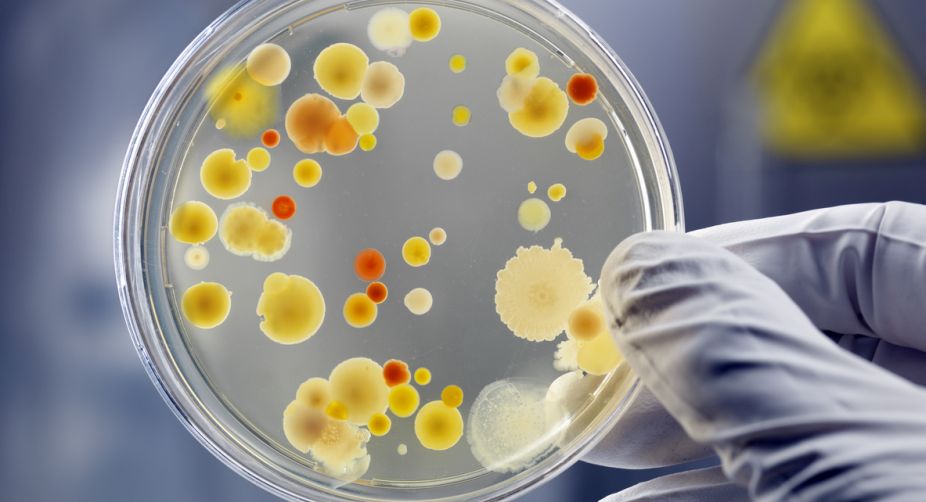A rare brain infection known as the “brain-eating amoeba” claimed the life of a man in Georgia, US. The Georgia Department of Public Health states that it is likely that he contracted the illness while swimming in a freshwater lake or pond. According to NBC News “Naegleria fowleri infection, a rare infection that damages brain tissue and typically results in death, has killed a resident of Georgia,” a news release from the health department said. The person most likely contracted the illness while swimming in a freshwater lake or pond in Georgia.
It is known as the “brain-eating amoeba” because it can infect the brain when amoebic water enters the nose, generally during swimming. Despite being rare, the condition is virtually invariably fatal.
Advertisement
When Naegleria fowleri-containing water enters the nose, the amoeba travels through the olfactory nerve to the brain, where it causes infection. It should be mentioned that if contaminated water does not enter the nose, people do not fall sick.
Five days after the infection, symptoms start to develop, but they can also appear one to twelve days later.
Naegleria fowleri is a naturally occurring amoeba; there is no standard environmental test for it in bodies of water; and since it is so prevalent in the environment, levels of naturally occurring amoebas cannot be controlled. Within the same body of water, the position and population of amoebas might change over time, according to health officials.
Symptoms of this infection include a severe frontal headache, fever, nausea, vomiting, stiff neck, seizures, hallucinations, and coma.
The American government’s health department, the Centers for Disease Control and Prevention, describes Naegleria fowleri as a soil-dwelling amoeba (a single-celled organism) that thrives in warm freshwater environments including lakes, rivers, and hot springs.
In Nevada, in the United States, a two-year-old boy also perished from the virus last month. According to Woodrow Bundy’s family, the illness “infiltrated his body while he was playing in the water in Ash Springs”.
Infections with Naegleria fowleri are uncommon. Between 2013 and 2022, there were 0 to 5 instances diagnosed yearly in the US.
Since 1962, Georgia has reported five other Naegleria fowleri cases in addition to this one.











